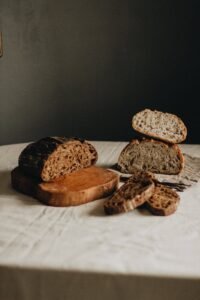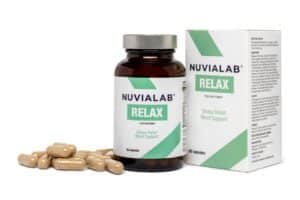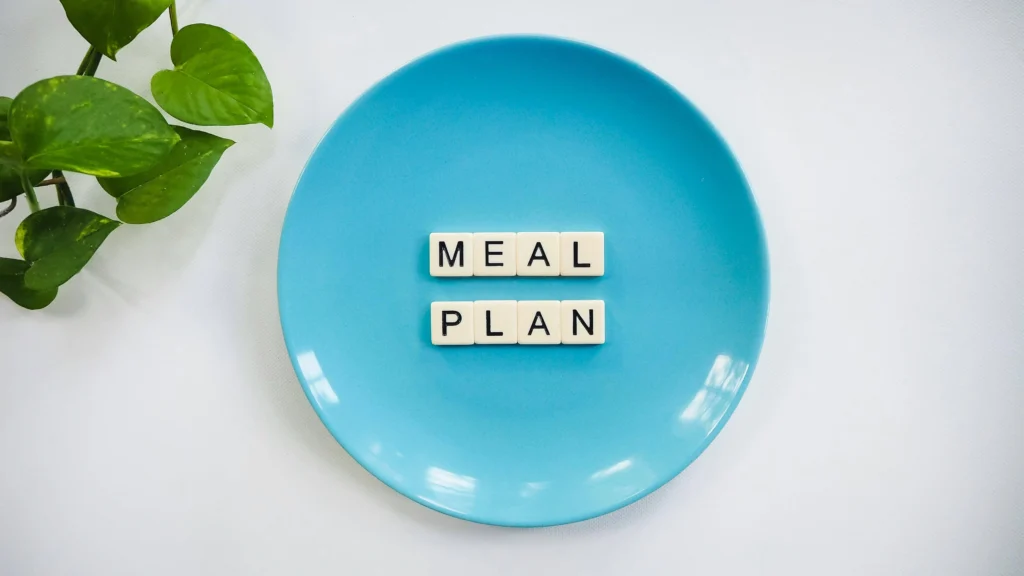
Are you seeking nourishment tailored to support kidney health? Dive into our comprehensive 7 day meal plan for kidney disease. Designed by nutrition and renal care experts, this thoroughly crafted plan ensures your body receives the right balance of nutrients to promote optimal kidney function.
The recipes are full of flavor. Each part is made to meet the dietary needs of people with kidney disease. Say goodbye to dishwashers and hello to clear instructions. We’ll guide you through a week of recipes to help support your kidneys.
It’s time to take proactive steps towards better health.
Table of Contents
Principles of a Kidney-Friendly Diet
Importance of Controlling Protein Intake
Reducing protein intake is essential for individuals with kidney disease, as excess protein can strain the kidneys. High-quality protein sources such as lean meats, poultry, fish, and eggs should be consumed in moderation.
Limiting Phosphorus and Potassium
Phosphorus and potassium levels in the blood can become elevated in kidney disease, leading to complications. Foods high in phosphorus and potassium, such as dairy products, nuts, seeds, bananas, and oranges, should be limited.
Monitoring Sodium Intake
Sodium can contribute to fluid retention and high blood pressure, both of which can worsen kidney disease. Limiting sodium intake by avoiding processed foods, canned soups, and condiments can help manage these risks.
7 Day Meal Plan for Kidney Disease
Living with kidney disease requires a thoughtful approach to nutrition. Crafting a well-balanced meal plan can help manage symptoms and support overall health. Here’s the complete 7-day kidney disease meal plan, including what foods to eat, what to avoid and essential meal prep tips.
Day 1:
Breakfast:
- Start your day with a bowl of oatmeal topped with sliced apples and a sprinkle of cinnamon. Pair it with scrambled eggs made with egg whites for a protein boost.
Lunch:
- Enjoy a colorful salad made with leafy greens, cherry tomatoes, cucumber slices, and grilled chicken breast. Drizzle with a light vinaigrette dressing.
Dinner:
- Delight in a serving of baked salmon seasoned with lemon and dill, accompanied by steamed asparagus and quinoa pilaf.
Snack:
- Munch on a handful of unsalted almonds for a satisfying mid-day snack.
Day 2:
Breakfast:
- Indulge in a Greek yogurt parfait layered with fresh berries and a sprinkle of crushed walnuts.
Lunch:
- Savor a hearty vegetable soup made with kidney-friendly vegetables like carrots, celery, and spinach. Pair it with a slice of whole-grain bread.
Dinner:
- Treat yourself to a stir-fry dish featuring tofu, bell peppers, broccoli, and snap peas served over brown rice.
Snack:
- Dip baby carrots and cucumber slices into hummus for a crunchy and nutritious snack option.
Day 3:
Breakfast:
- Whip up a smoothie using spinach, banana, Greek yogurt, and a splash of almond milk for a refreshing morning boost.
Lunch:
- Turkey and Avocado Wrap is a sandwich made with whole wheat tortillas. It is stuffed with sliced turkey, avocado, salad, and tomato.
Dinner:
- Relish in a serving of grilled chicken breast paired with roasted Brussels sprouts and a baked sweet potato.
Snack:
- Munch on a handful of air-popped popcorn seasoned with herbs for a guilt-free snack.
Day 4:
Breakfast:
- Dive into a bowl of cottage cheese topped with sliced peaches and a drizzle of honey.
Lunch:
- Feast on a spinach and strawberry salad with grilled shrimp, tossed in a balsamic vinaigrette dressing.
Dinner:
- Delight in a herbivore chili made with kidney beans, tomatoes, bell peppers, and spices. Serve it with a side of whole-grain cornbread.
Snack:
- Enjoy a serving of sliced cucumbers with a dollop of tzatziki sauce for a refreshing snack option.
Day 5:
Breakfast:
- Enjoy a smoothie bowl with granola, banana slices, and chia seeds. This adds texture and nutrients.
Lunch:
- Enjoy a smoothie bowl with granola, banana slices, and chia seeds. This adds texture and nutrients.
Dinner:
- Treat yourself to a lean beef stir-fry with mixed vegetables, served over brown rice noodles.
Snack:
- Enjoy a serving of Greek yogurt with a drizzle of honey and a handful of mixed berries for a satisfying snack.
Day 6:
Breakfast:
- Start your day with a slice of whole-grain toast topped with mashed avocado and sliced hard-boiled eggs.
Lunch:
- Delight in a spinach and feta omelet served with a side of steamed green beans.
Dinner:
- Savor a serving of grilled halibut with roasted vegetables and a quinoa salad on the side.
Snack:
- Munch on a handful of trail mix made with unsalted nuts, seeds, and dried fruits for a nutritious snack.
Day 7:
Breakfast:
- Enjoy a bowl of whole-grain cereal with sliced strawberries and a splash of almond milk.
Lunch:
- Feast on a Caprese salad made with fresh mozzarella, tomatoes, basil leaves, and a drizzle of balsamic glaze.
Dinner:
- Delight in a herbivore curry made with chickpeas, cauliflower, and spinach, served with a side of basmati rice.
Snack:
- Dip apple slices into almond butter for a satisfying and nutritious snack option.
Foods to Eat with Kidney Disease
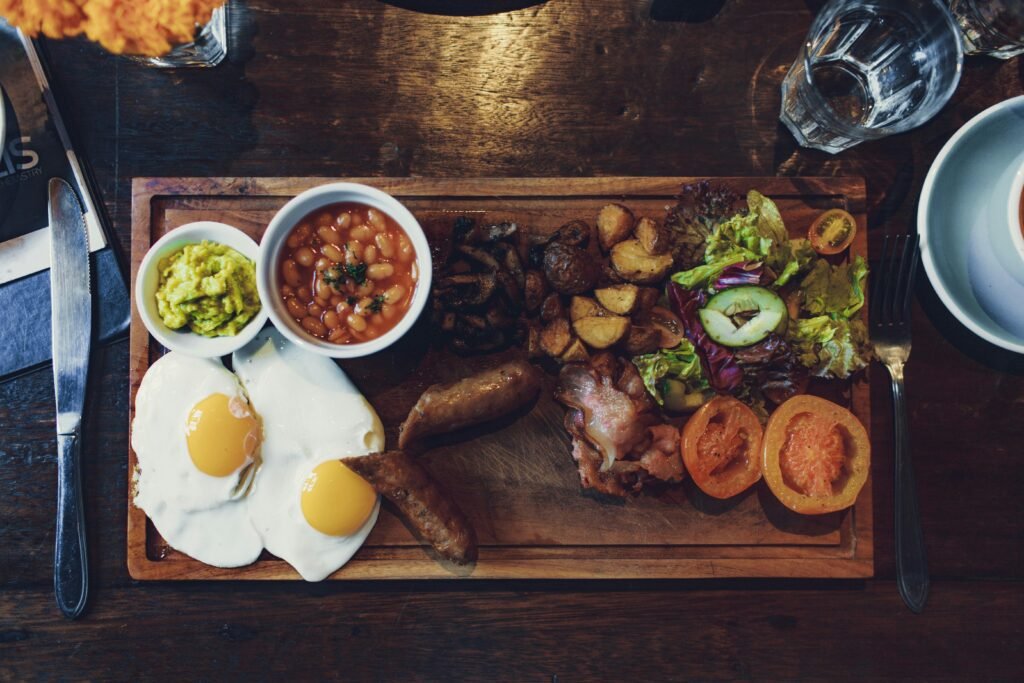
When designing a meal plan for kidney disease, focus on using foods that are good for your kidneys and health. Pick nutrient-rich foods that support your kidney function and overall well-being.
Here are some key foods to include:
- High-Quality Protein: Opt for lean sources of protein such as skinless poultry, fish, and eggs, and plant-based options like tofu and legumes. These provide essential amino acids without adding excessive amounts of phosphorus.
- Low-Potassium Fruits and Vegetables: Fruits and veggies can be healthy. But for people with kidney problems, they should pick low-potassium kinds. This helps reduce the strain on their kidneys. Examples include apples, berries, cabbage, and green beans.
- Whole Grains: Eat whole grains like brown rice and quinoa. Also, have whole wheat bread. These provide fiber and nutrients. They also help control your phosphorus levels.
- Healthy Fats: In addition, include good fats like avocados and olive oil, and nuts in small amounts. This promotes heart health and boosts your energy levels.
- Calcium-Rich Foods: Ensure you get enough calcium. Good sources are low-fat dairy, plant-based milks with added calcium, and leafy greens. This will help keep your bones healthy.
- Herbs and Spices: Flavor meals with herbs and spices instead of salt to enhance taste without increasing sodium intake.
- Limited Fluids: Monitor fluid intake, especially if experiencing fluid retention or undergoing dialysis, and consult with a healthcare professional for personalized recommendations.
By ranking these foods, individuals with kidney disease can create balanced and nourishing meals to support their health goals.
Foods to Avoid with Kidney Disease
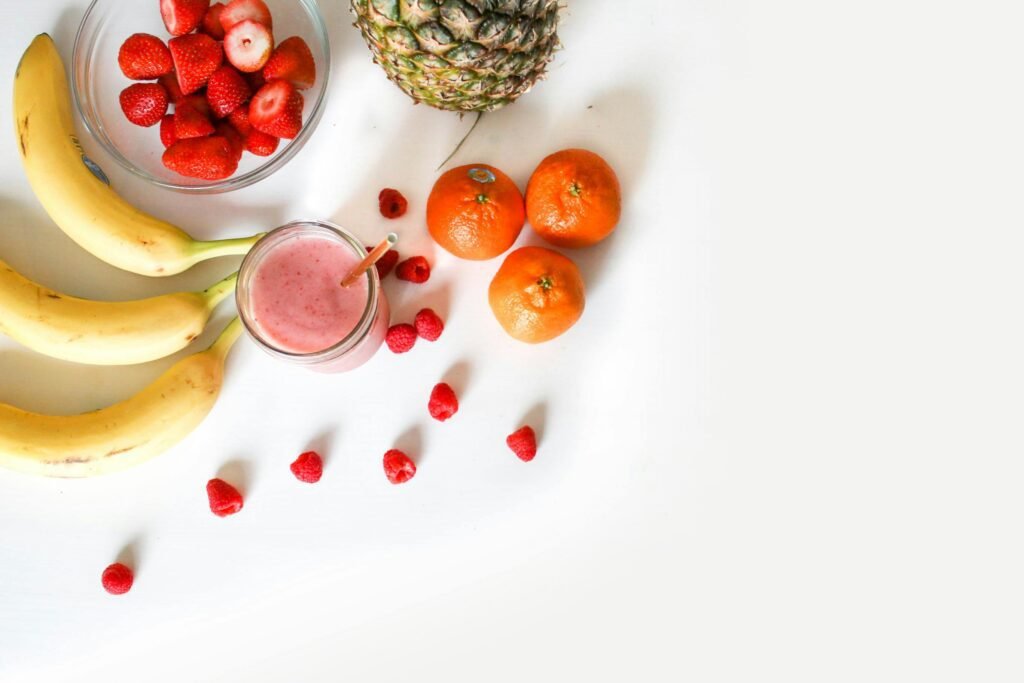
Certain foods can exacerbate symptoms and contribute to further kidney damage. Here’s a list of items to limit or avoid in a kidney-friendly meal plan:
- High-Potassium Foods: Consume less potassium-rich foods such as banana, orange, tomato, and potato. High potassium levels can cause problems like irregular heartbeats.
- Processed Foods: Eliminate high-sodium, high-phosphorus foods, and unhealthy fats, which can build up in your kidneys and increase your risk of high blood pressure.
- Red Meat and Processed Meats: Red meat and processed meats such as bacon and sausage should be avoided as they contain high amounts of phosphorus and saturated fats which can damage your kidneys.
- Sugary Foods and Beverages: Cut back on sugary foods and beverages like soda, candy, and desserts, as they can contribute to weight gain, diabetes, and increased risk of kidney disease progression.
- High-Sodium Foods: Canned soups, fast foods, and processed snacks are all high in sodium, which can cause fluid retention and high blood pressure.
- Alcohol: Limit alcohol intake, as it can interfere with medications, dehydrate the body, and exacerbate kidney damage.
- Certain Dairy Products: Eliminate high-fructose dairy products such as cheese and yogurt, replace them with lower-fructose alternatives, or limit their consumption.
These foods can help people with kidney disease. They can manage their disease and improve their lives. People need to watch what they eat and make healthy choices.
Tips for Meal Preparation

Preparing kidney-friendly meals doesn’t have to be complicated. Here are some tips to simplify the process:
- Plan Ahead: Take time to plan meals for the week, considering nutrient requirements and ingredient availability. This can help streamline grocery shopping and meal preparation.
- Read Labels: Keep an eye out for hidden sodium, phosphorous, and other harmful ingredients on food labels.
- Cook from Scratch: When you can, make sure to make all of your food from scratch using whole, fresh ingredients to ensure you’re getting all the nutrients you need and avoiding unnecessary ingredients.
- Experiment with Flavors: Use herbs, spices, or marinades to add flavor without adding too much salt or sugar.
- Portion Control: Practice portion control to avoid overeating, which can put added strain on the kidneys. Use smaller plates and bowls to help manage portion sizes.
- Stay Hydrated: Drink water throughout the day to stay hydrated, but be mindful of fluid restrictions if applicable.
- Seek Support: Consider consulting with a registered dietitian or nutritionist specializing in kidney health for personalized guidance and support in meal planning.
If you follow these tips and make informed decisions, you can help people with kidney disease eat healthy, nutritious foods that promote their health and wellness.
Conclusion
Creating a meal plan for kidney disease needs careful thought. You must think about your dietary needs, favorite foods, and how to cook them.
Choose foods that are full of nutrients. Avoid foods that can make your symptoms worse. Use good meal planning. This helps people with kidney disease manage their condition and improve their health.


